 International. The World Economic Forum conducted an analysis on the importance of indoor air quality and contextualized the deadly link between COVID-19 and air pollution. Below we share the analysis.
International. The World Economic Forum conducted an analysis on the importance of indoor air quality and contextualized the deadly link between COVID-19 and air pollution. Below we share the analysis.
As the coronavirus pandemic affects millions around the world and cripples economies, there is much talk about how emissions from burning fossil fuels have fallen dramatically in many countries. However, this is not a solution to air pollution and climate change. While eerily empty cities may be bathed in blue skies, millions are suddenly out of work and wonder how they are going to take care of their families.
The poor and the most vulnerable will be the most affected by both the health impacts and the economic crisis. Cleaner air for a few months may be a small ray of light for COVID-19's dark clouds, but it will do little in the long run to solve the problem of outdoor air pollution that kills more than four million people each year. For that we have to stop our habit of burning coal, oil and gas.
What's more, people who live in cities with high pollution are more likely to have compromised respiratory, cardiac and other systems and are therefore more vulnerable to the impacts of COVID-19.
One of the refrains we all hear as the coronavirus spreads is quitting smoking. But what about the 90% of people worldwide who are exposed to high levels of air pollution? They can't choose to stop breathing the air where they live. On every continent, people suffer the negative health effects of air pollution. Living in Delhi is comparable to smoking six cigarettes a day. The respiratory systems of people in California and Australia have been compromised by air pollution from climate-induced wildfires. The people of Wuhan have suffered from poor air quality for years, and last summer participated in protests over air pollution.
During the SARS outbreak in China, a study by researchers at the UCLA School of Public Health showed that SARS patients were more than twice as likely to die from the disease if they came from areas of high pollution. The same seems true with COVID-19: the more air pollution you're exposed, the more likely you're likely to get sick.
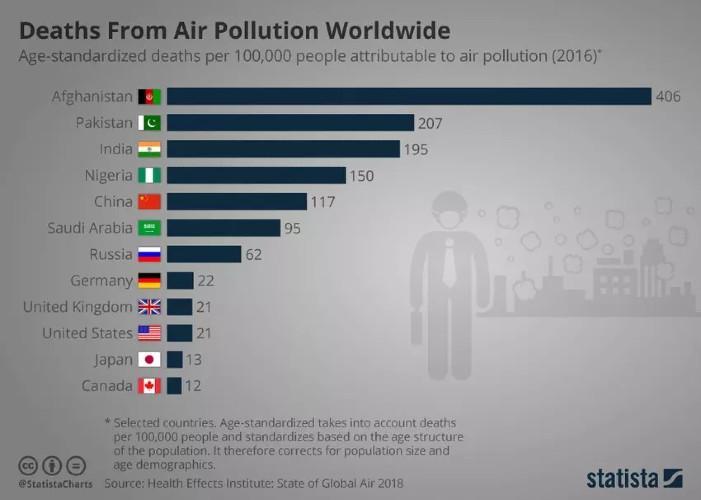
And while it's too early to demonstrate a direct correlation between current high levels of air pollution and the incidence of COVID-19, high levels of pollution could also increase the risk of contracting COVID-19 in the first place, as particulate matter has the potential to act as contagion carriers leading to rapid spread over larger areas. An article published by the Italian Society of Environmental Medicine suggests that "the rapid increase in infection rates that has affected some areas of northern Italy could be related to air pollution by particles that act as a carrier and stimulant there." A Harvard study just found the first correlation between air pollution and COVID-19 deaths in the U.S.
The response to this pandemic also threatens to worsen the health impacts of air pollution in the long term. Several governments are moving under COVID-19 cover to give the industry a break and weaken clean air standards. In the United States, the Environmental Protection Agency (EPA) is accelerating its radical relaxation of regulation as the pandemic proliferates. In South Africa, air pollution standards have been significantly weakened during the shutdown and this, according to South Africa's Life After Coal Coalition, will cause some 3,300 premature deaths. There will be particularly profound health impacts on children, the elderly, pregnant women and those already suffering from asthma, heart and lung disease.
Some elected officials are taking a different course. For example, in Bogotá, the capital of Colombia, which faces a 'triple threat' of poor air quality, seasonal respiratory diseases and the pandemic, Mayor Claudia López opened 76 kilometers of new bike lanes to reduce overcrowding on public transport and help prevent the spread of coronavirus while improving air quality and people's health.
As world leaders respond to the coronavirus, they have the opportunity to chart a different course and make an important intervention for a healthy planet and people. With trillions of dollars in economic stimulus investments in sight, they have a golden opportunity to funnel significant portions of those funds to move quickly toward a renewable energy economy. A transition to transportation and clean, renewable energy will seriously reduce air pollution, greenhouse gas emissions, and the impact of future pandemics.
The coronavirus pandemic has made it clearer than ever that human and planetary health are intimately interconnected. The choice is ours to act accordingly.
Source: World Economic Forum.



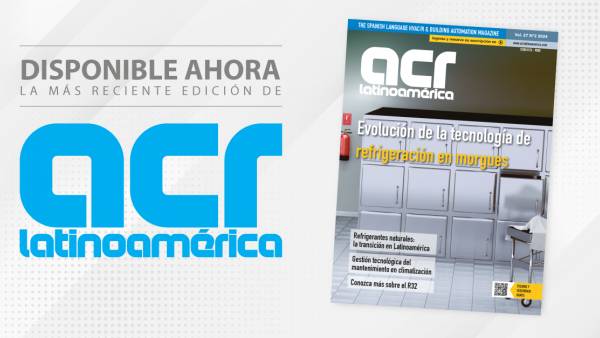
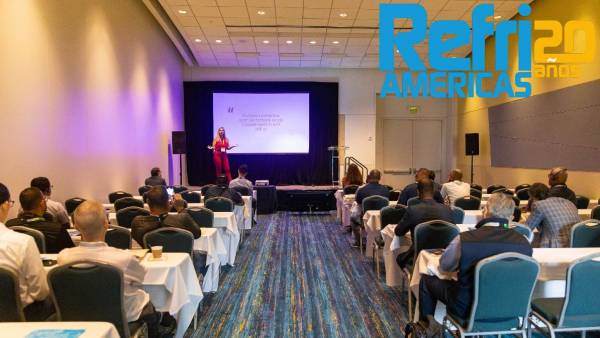



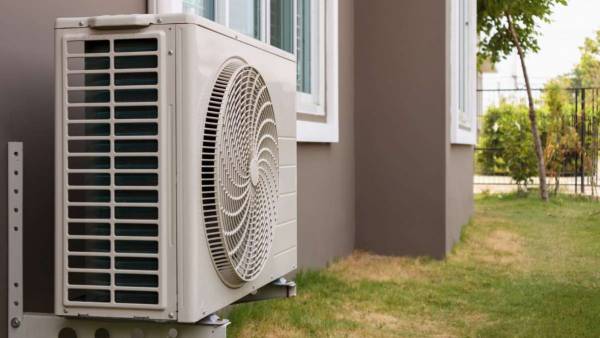
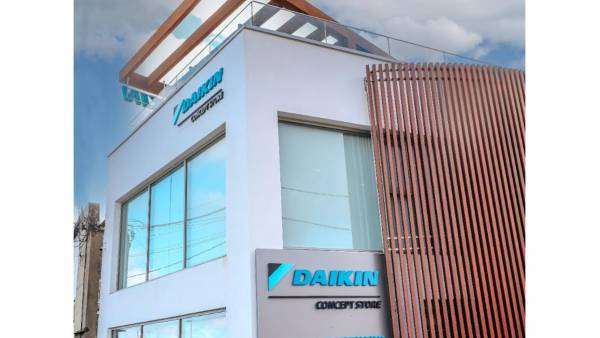
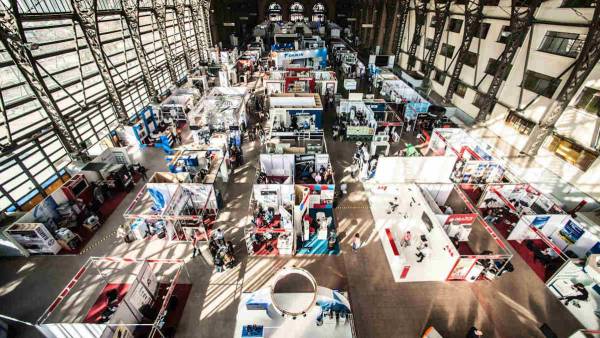



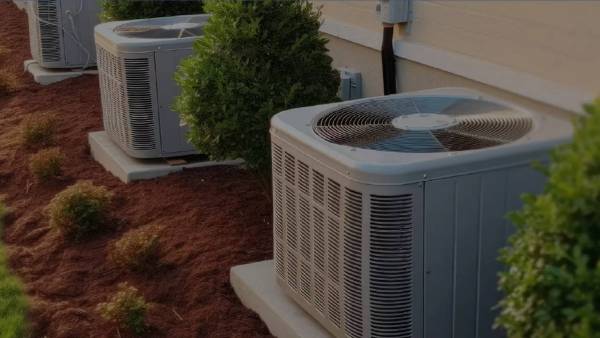










Leave your comment